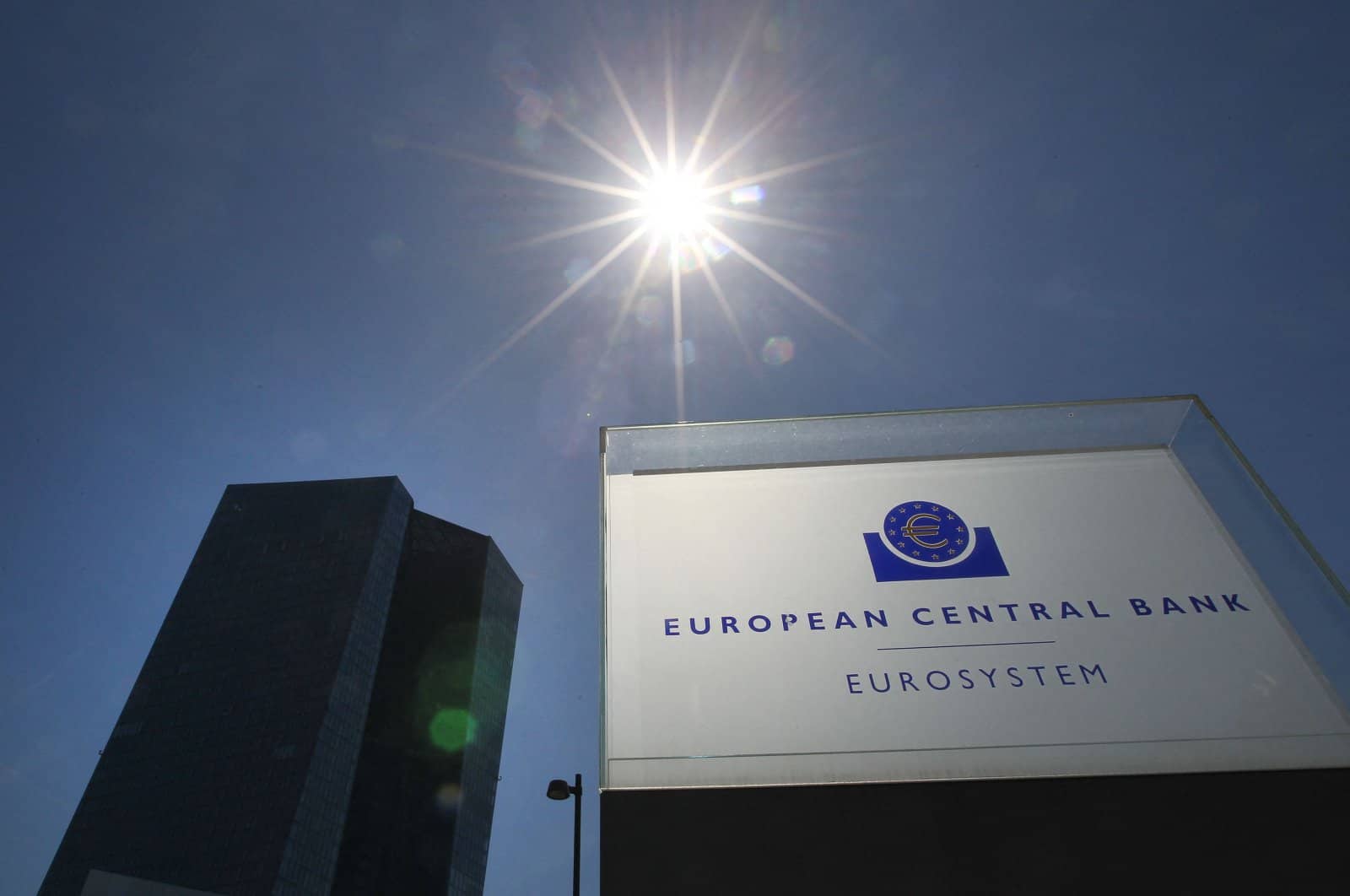BRUSSELS, BELGIUM – Eurozone economic activity worsened in June to a five-month low, hit hard by a fall in industrial production, a keenly watched survey showed on Friday.
The eurozone entered a technical recession at the start of the year, according to official figures published earlier this month.
But inflation remains well above the European Central Bank’s target of two percent, which will keep pressure on the Frankfurt-based body to keep raising interest rates despite the stagnant economy.
Data from the HCOB Flash Eurozone purchasing managers’ index (PMI) survey published by S&P Global fell to 50.3 in June from 52.8 in May. A figure above 50 indicates growth.
The data demonstrated “renewed weakness in the economy after the brief growth revival recorded in the spring,” S&P Global said.
It noted the first fall in new business orders since January, slowing employment growth and pessimism over future production.
“After Eurozone GDP fell for the second time in a row in the first quarter, the probability has increased somewhat that the GDP change will again carry a negative sign in the current quarter, due in part to weak services activity in France,” said Cyrus de la Rubia, chief economist at Hamburg Commercial Bank.
France recorded the weakest performance in the eurozone in June, with the “steepest” drop in activity in the manufacturing and services sectors since February 2021.
In Germany, the eurozone’s biggest economy, growth came close to a standstill, in stark contrast with expansions recorded in the three months to May.
Worries among businesses in the single currency area are rising, S&P Global said.
“June has seen a further escalation of concerns over demand growth and in particular the impact of higher interest rates, and the resulting possibilities of recessions both in domestic markets and further afield,” it said.
It was not all bad, as S&P Global pointed to a “marked cooling of inflationary pressures”.
But economists said the PMI data would not sway the ECB away from raising rates.
“The sluggish economic picture combined with continued improving inflation would appear to be dovish for the ECB. However, none of this will provide a catalyst for the bank to change direction on rate hikes,” ING senior eurozone economist Bert Colijn said.

